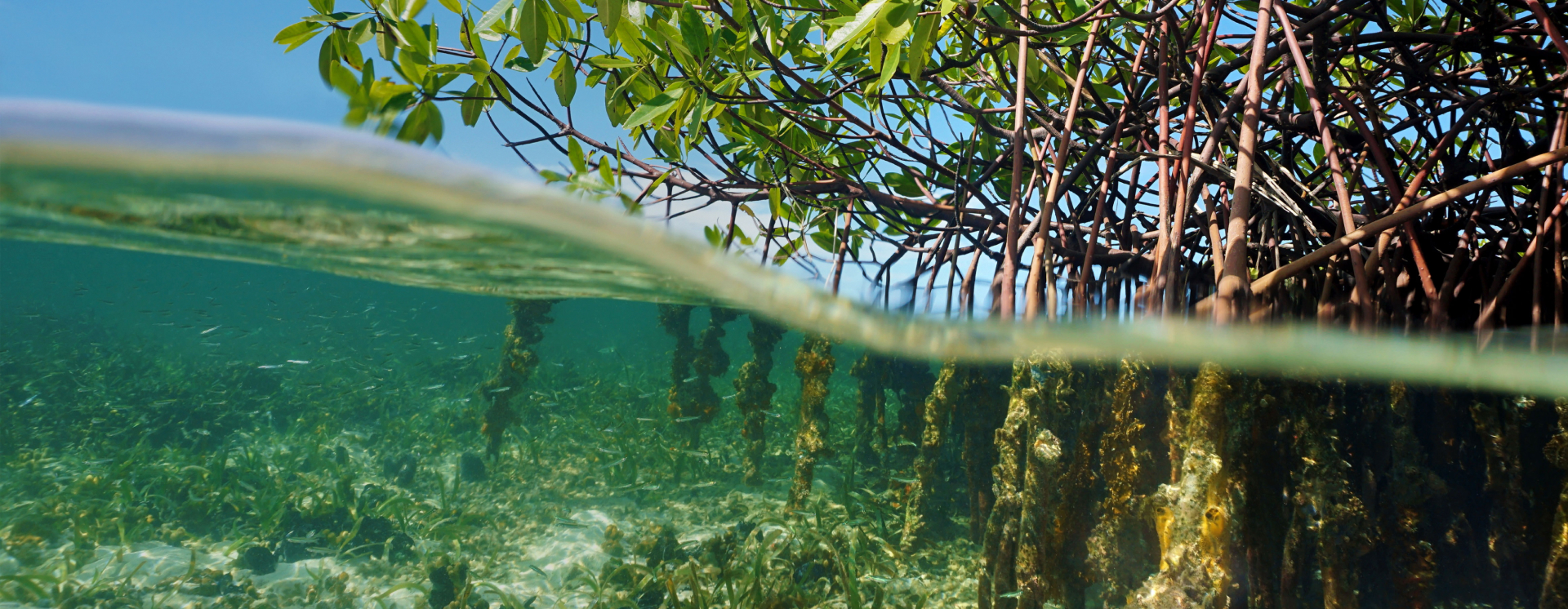What Is Natural Capital and Why Is It Important?
When you are adding up your assets, do you count:
- the air you breathe
- the soil under your feet
- the trees that cover our islands
- the sea around us and the fish we harvest from it
- the wildlife in our natural environment
- the plant materials that ultimately give us fuel, building materials and medicines?
These are our natural assets, and we share them with our family, friends, neighbours, fellow citizens, and the world at large.
Our financial assets give us a lifestyle, but our natural assets give us life.
These natural assets are what they call Natural Capital.
Think of natural capital the way you think of your financial capital, which might be sitting in a bank account, invested in the things you own, or working for you in the financial markets.
If you lose your financial capital you lose your lifestyle. But if you lose your natural capital, you lose your life.
When you take money out of your bank account, you put it back in when you can (if you’re smart) so you always have enough money to pay the bills and buy the things you want. If you don’t put it back, what happens?
Same thing with the natural capital around you. If you use it you must put it back, otherwise there won’t be any left. Then what happens? Not only to you, but to your children and grandchildren.
You know the old saying: “A society grows great when old men plant trees in whose shade they know they shall never sit”. You don’t have to be an old man to plant a tree, but the point remains – if you use nature’s assets, put them back for the sake and survival of future generations.
Common sense. Or sense for the common good.
But a lot of people on our island and around the world don’t seem to have sense for the common good. The world’s natural capital is being used up at an alarming rate and not being replaced.
At least 35% of the world’s stock of mangrove swamps has been destroyed in the last 20 years alone*.
Does that mean in 60 years there’ll be no mangrove left in the world? That’s when our grandchildren will be old women and men. No mangroves means less fish and more of our land taken over by the sea.
That’s just one example. What about the forests being cut down daily, and the hundreds of thousands of species going extinct?
Now you know what natural capital is, and how important it is for our survival.
It’s the earth’s ability to provide for our needs, and the needs of the other species that also live on the planet.
It is all the natural resources that keep us alive and can easily be destroyed or get used up if we aren’t careful about how we use them, or if we don’t replace them.
At ANSA Merchant Bank and ANSA Bank we are serious about doing what we can to treat our natural capital with the respect it deserves. We have children and grandchildren and we want them to enjoy the earth and all of its resources in the same way we do.
That’s why we are going to support individuals and businesses that care about our ecosystem and its biodiversity. We want our customers to profit from sustainable enterprises and be a part of the solution, not the problem.
Valiela, Ivan; Bowen, Jennifer L.; York, Joanna K. (2001). “Mangrove Forests: One of the World’s Threatened Major Tropical Environments”




